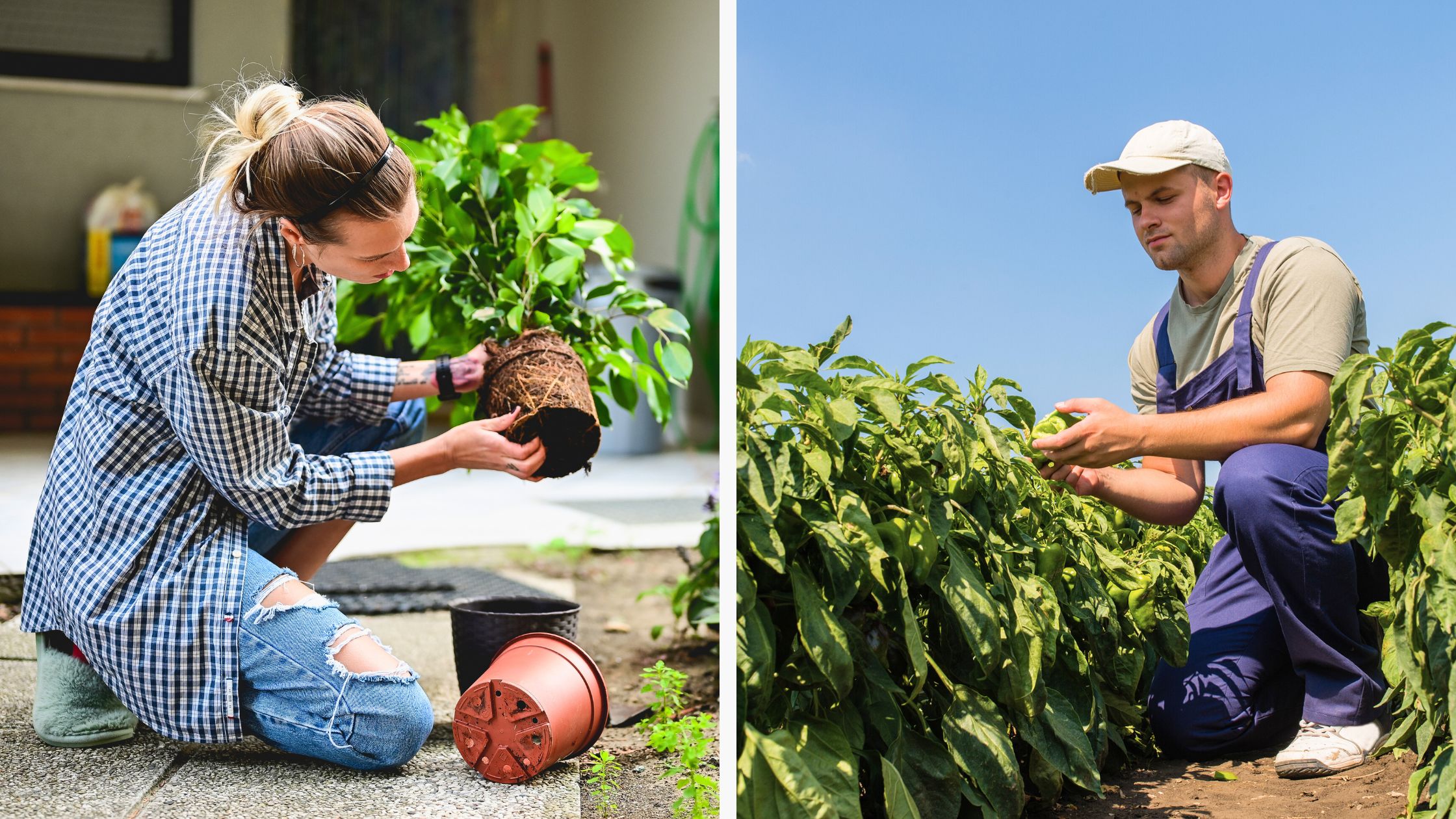Turns out, more than we think!
Spring is here—and we’re all in grow mode
The shovels are out. There’s dirt under your nails. And seed packets are showing up like party invitations.
Whether you’re planting a balcony full of herbs or prepping a backyard garden that’s getting a little out of hand, you’re officially in grow mode.
So are farmers.
Across the Fox-Wolf Watershed, fields are being prepped, early crops are going in, and farmers are thinking beyond yields. They’re thinking about clean water.
Because every choice—from how they treat the soil to what gets planted—has an impact downstream. Just like in your yard, what happens on the surface doesn’t stay there. It all moves—with rain, with snowmelt, with runoff.
Farmers aren’t just growing food:
-
They’re holding soil in place
-
They’re keeping fertilizer out of rivers and lakes
-
They’re giving rain a chance to soak in instead of wash away
They’re protecting water quality. And if you’ve ever mulched your garden, skipped the chemicals, or planted something for the bees—you are too.
It turns out a lot of the care that goes into gardening—choosing plants, feeding the soil, keeping things balanced—isn’t all that different from what farmers are thinking about, too.
Most gardeners think about soil—what kind to use, when to dig, how to feed it. But not many think about what happens after it rains. Soil isn’t just something to grow in—it’s a living system that holds water, filters runoff, and protects nearby rivers and lakes.
Farmers are thinking about that too—and they’re adjusting how they work because of it.
How to Grow Like a Farmer Protecting Water
Try these small actions with big downstream impact:
Plant native
They need less water, hold soil better, and support pollinators.
On the farm: Many farmers plant prairie strips, pollinator habitat, and grassed waterways. These native areas filter runoff, catch nutrients, and bring back biodiversity.
Mulch your soil
Mulch helps your soil hold moisture, keeps weeds down, and prevents erosion—especially during spring rains.
On the farm: Farmers often leave plant material from the previous crop in place. It acts like mulch in a field—shielding the soil, holding moisture, and building organic matter.
Skip the Deep Tilling
It can be tempting to turn your garden beds over every spring—but tilling up the whole bed can actually make it harder for soil to hold water and stay in place.
On the farm: Many farmers practice no-till planting, meaning they don’t plow up the ground before planting. It protects soil structure, keeps roots stable, and prevents erosion when it rains.
Go easy on sprays and fertilizer
Lawn fertilizer, weed killer, and bug sprays (pesticides) don’t always stay where you put them. A heavy rain can carry those chemicals off your yard and straight into nearby streams and rivers.
On the farm: Farmers are using less fertilizer and being more precise with where and when it’s applied—helping crops grow without sending nutrients into the water.
These small, everyday choices? They matter.
Because whether you’re planting tomatoes or managing 200 acres of corn, it’s all rooted in the same idea:
Care for your soil, and it’ll care for you right back.
So when you plant something native, hold off on the fertilizer, or skip the deep digging, you’re not just taking care of your garden—you’re doing what a lot of local farmers are doing to protect your waters. You’re helping protect the land, keeping soil where it belongs, and making it easier for water to soak in instead of becoming runoff.
It might not feel like a big deal, but it all adds up. Your little patch—whatever size it is—is part of something bigger.
Learn more about how local farmers are protecting water
Explore Agriculture at Fox-Wolf >>
See conservation in action >>





